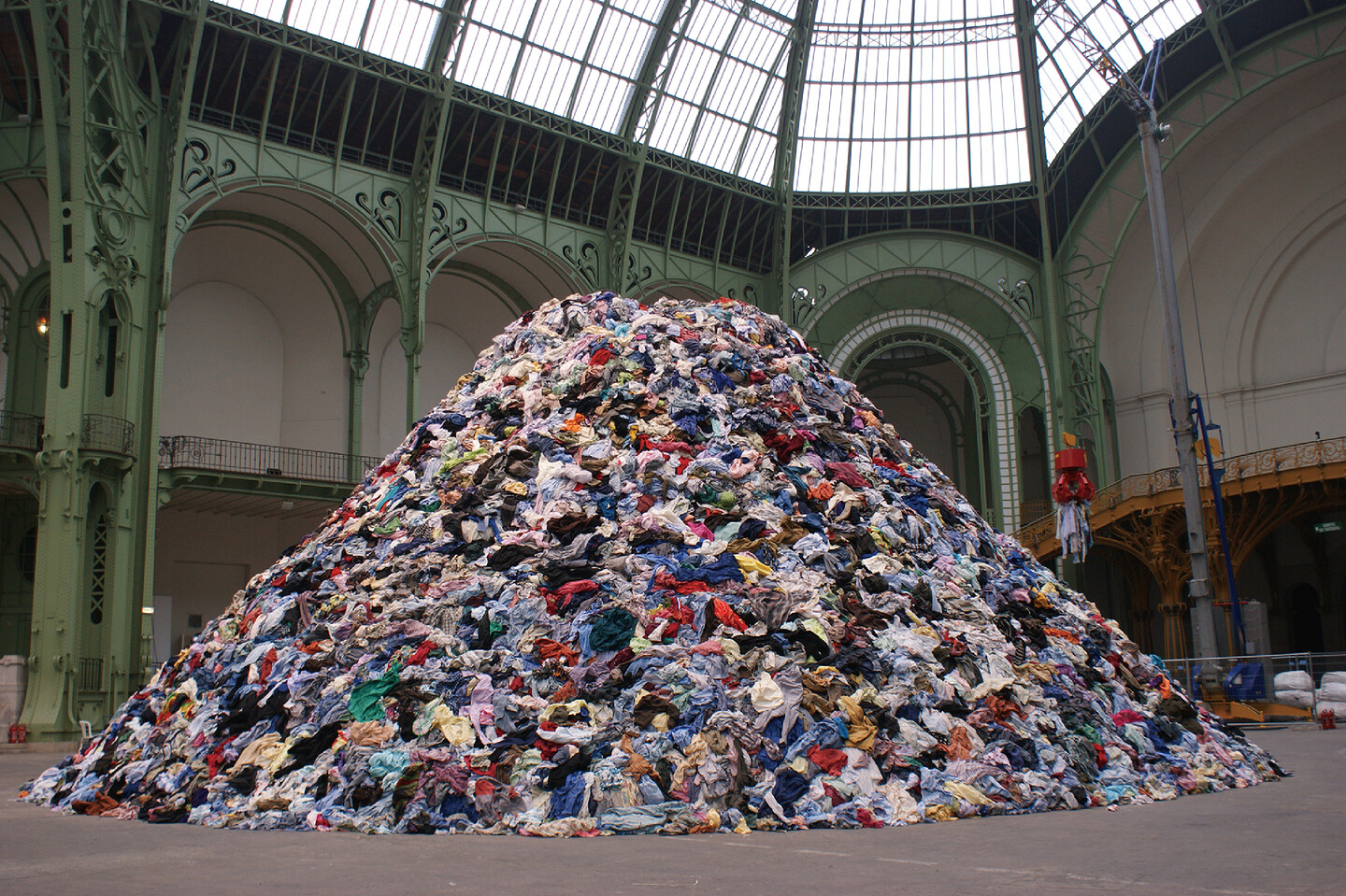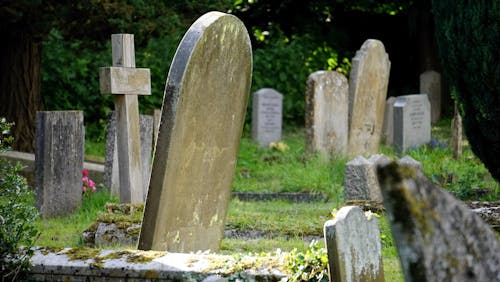Many years ago, I had occasion to write a short essay about emptiness. Emptiness is an odd thing, really, a condition we cannot contemplate short of being in a position where we are experiencing it--and then we are no longer experiencing it. Nonetheless, emptiness is a notion worth thinking about: what does it mean to occupy, much less experience, a condition of total absence?
I thought about emptiness anew when I recently read an article about the Japanese village of Kesen. As you may recall, this month marks ten years since an earthquake, followed by a tsunami, fractured and drowned this little enclave on the northern Japanese coast. Hundreds of people died, instantly, and many more lost their homes. The village was leveled, never to be what it once was again.
Over the ensuing years, a few inhabitants of Kesen returned to try to rebuild what they once had. Others had never left. Despite their best efforts, however, everyone realizes that the life they once had in Kesen will never be theirs to experience again: the emptiness will linger forever.
So it is with emptiness. Even if we try to fill it, we cannot erase it. We cannot put together what has been broken beyond repair, to reassemble what has been eradicated beyond its ability to once again be. And that's the point about emptiness, a point that is both its horror and virtue; it is emptiness's eternality that reminds us of its meaninglessness apart from a larger hope.
Emptiness is a call to mourn. It is also a call to hope. It is a call to remember and find the power of memory once more. As some of the former residents of Kesen take time this month to remember the day on which their lives were shattered and irrecoverably changed, to remember the emptiness that fell upon them, we around the world might join with them in stepping into the power of a moment that, because this is a purposeful world made by a purposeful God, it, despite all its problems, sustains us.







